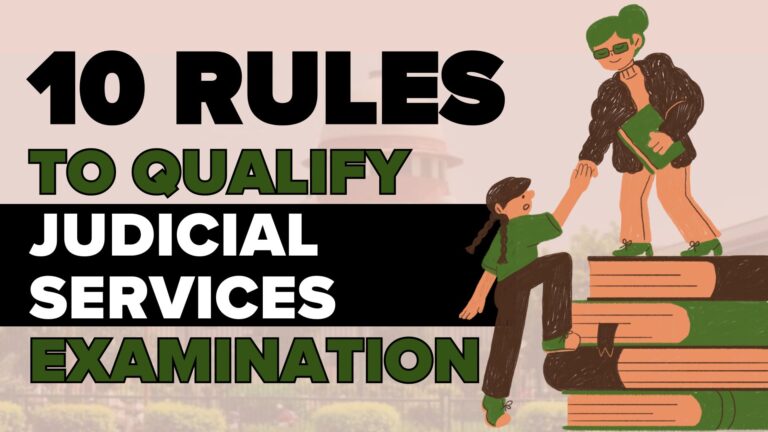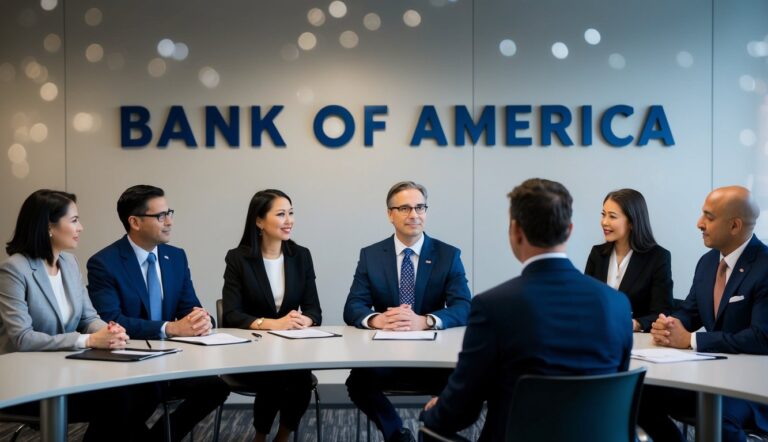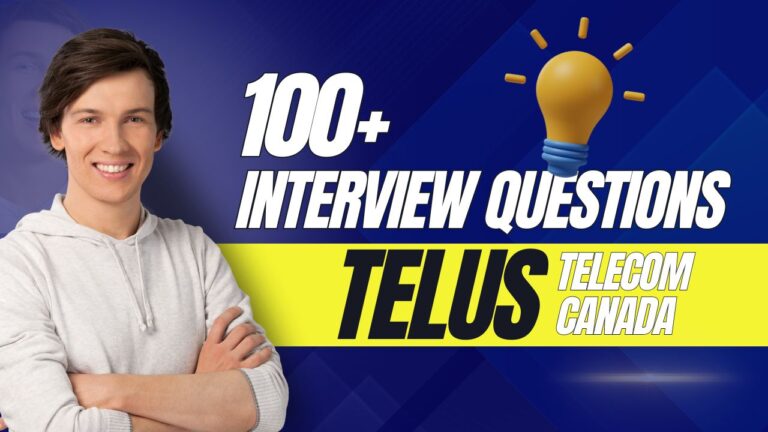Describe Yourself in 3 Words – The Best Answers for a Corporate Interview

One of the most commonly asked yet challenging interview questions is:
“Describe yourself in three words.”
While it seems simple, your answer can reveal a lot about your personality, work style, and suitability for the job. Employers use this question to gauge your self-awareness, confidence, and alignment with company values.

Crafting the right response requires a balance of professionalism, relevance, and authenticity. You need to select words that showcase your strengths while aligning them with the job role you’re applying for.
Why Do Employers Ask “Describe Yourself in Three Words”?
Recruiters ask this question for several reasons:
- To gauge self-awareness: Are you aware of your strengths and how they apply to the job?
- To understand your personality: Do you have the right traits for the role and the company culture?
- To assess communication skills: Can you concisely and effectively present yourself?
- To see if you fit within the team: Your answer can reflect how you’ll collaborate with others.
By selecting three impactful words, you help the interviewer form a quick first impression of you and your work ethic.
How to Choose the Right Three Words?
When selecting three words to describe yourself in a corporate interview, follow these tips:
1. Keep It Job-Relevant
One of the biggest mistakes candidates make is choosing words that don’t align with the job description. Your three words should reflect skills and attributes that are valued in the role you’re applying for.
For instance:
- If applying for a leadership role, focus on words like strategic, motivational, and decisive. These traits demonstrate your ability to lead a team, inspire others, and make important business decisions.
- If applying for an analytical or technical role, consider words like data-driven, innovative, and problem-solver. This shows that you are focused on logical decision-making and finding creative solutions.
- For client-facing or sales roles, highlight words like persuasive, communicative, and results-oriented. These indicate that you are skilled in building relationships, influencing decisions, and achieving business goals.
Example of a job-relevant response:
“I would describe myself as strategic, adaptable, and motivational. In my previous role as a team leader, I ensured that our projects aligned with long-term business goals (strategic), adapted quickly to changes in market trends (adaptable), and worked on motivating my team to reach their full potential (motivational).”

This response connects with leadership expectations, demonstrating alignment with a management role.
Tip: Review the job description carefully before the interview and identify key traits the employer is looking for. Then, select three words that highlight your strengths while matching the role’s requirements.
2. Provide a Short Explanation
Simply listing three words isn’t enough—your interviewer will likely ask you to elaborate on why you chose them. Providing a short explanation with examples makes your answer more impactful and memorable.
Think of each word as a headline and follow it with a brief justification or real-world example.
Example of an effective response:
“I would describe myself as proactive, collaborative, and detail-oriented. I’m proactive in identifying potential challenges before they become issues, which has helped me prevent project delays. I thrive in collaborative environments, ensuring smooth teamwork and clear communication. Lastly, I’m detail-oriented, meaning I focus on accuracy and quality in everything I do, whether it’s analyzing data or reviewing reports.”

- The response is structured and easy to understand.
- It gives context to each word, showing how they relate to professional success.
- It demonstrates self-awareness and an understanding of work expectations.
Tip: If possible, include specific examples from your past work experience that illustrate these qualities. The more tangible and relatable your response, the more compelling it will be.
3. Stay Authentic
Interviewers can easily spot rehearsed or generic answers. Avoid using buzzwords just because they sound impressive—instead, choose words that genuinely reflect who you are and how you work.
Some overused words that lack authenticity include:



Instead, opt for words that truly define your strengths and work ethic in a way that feels personal yet professional.
Example of an authentic response:
“I would describe myself as resourceful, innovative, and dependable. I enjoy tackling challenges by finding creative solutions (resourceful). I am always looking for ways to improve workflows or introduce fresh ideas (innovative). Lastly, my colleagues and managers know they can rely on me to follow through on commitments (dependable).”

- It feels natural and not overly rehearsed.
- The words reflect both work style and problem-solving ability.
- The response is engaging and personal, making it stand out.
Tip: Choose words that resonate with your true professional identity. Authenticity builds trust and leaves a strong impression.
4. Strike a Balance Between Soft Skills and Hard Skills
A well-rounded answer should include both soft skills and hard skills. This shows that you have the right personality traits (soft skills) and technical abilities (hard skills) to succeed in the role.
What’s the difference?


By including a mix of both, you create a stronger, well-balanced response.
Example of a balanced response:
“I would describe myself as analytical, adaptable, and team-oriented. I have a strong analytical mindset, which helps me interpret complex data and make informed decisions (hard skill). I adapt quickly to new challenges, ensuring that I stay efficient even in high-pressure situations (soft skill). I am also highly team-oriented, meaning I enjoy collaborating with colleagues and sharing knowledge to achieve the best results (soft skill).”

- It presents a blend of technical expertise and workplace collaboration.
- It demonstrates problem-solving, adaptability, and teamwork.
- It aligns with corporate work expectations in industries like finance, technology, or consulting.
Tip: Always aim to highlight at least one technical skill in your answer, especially for roles that require specialized knowledge.

10 Best Sample Answers for “Describe Yourself in 3 Words”
Below are 10 sample answers with detailed explanations to help you frame your response effectively.
1. “Adaptable, Collaborative, Detail-Oriented”
“I’m highly adaptable and can quickly adjust to changes in the workplace. Whether it’s a shift in company strategy or new project requirements, I handle transitions smoothly. I thrive in collaborative environments, as I believe teamwork leads to innovation and success. Lastly, I’m extremely detail-oriented, ensuring that all tasks are completed with precision and accuracy.”

2. “Proactive, Analytical, Results-Driven”
“I take a proactive approach to problem-solving by anticipating challenges before they arise. I have strong analytical skills, allowing me to break down complex situations and find the best solutions. Above all, I am results-driven, always focusing on delivering measurable outcomes that positively impact the company’s bottom line.”

3. “Resilient, Strategic, Solution-Oriented”
“I am resilient, which means I thrive in fast-paced and high-pressure environments without getting discouraged. My strategic thinking helps me align my efforts with long-term company goals. I am also solution-oriented, always looking for ways to improve processes and overcome challenges.”

4. “Innovative, Persuasive, Goal-Oriented”
“I enjoy thinking outside the box and bringing innovative solutions to the table. I am persuasive, which allows me to effectively communicate ideas and influence stakeholders. My goal-oriented mindset ensures I stay focused and committed to achieving business objectives.”

5. “Empathetic, Organized, Leadership-Minded”
“I believe empathy is key to building strong relationships in the workplace, whether it’s with colleagues or clients. I am highly organized, ensuring projects are completed efficiently. Lastly, I have a leadership mindset, always looking for ways to inspire and uplift my team.”


6. “Curious, Detail-Oriented, Fast Learner”
“I have an innate curiosity that drives me to continuously learn and improve. I pay close attention to detail, ensuring that my work is accurate and thorough. I am a fast learner, which allows me to quickly adapt to new challenges and technologies.”

7. “Diligent, Dependable, Self-Motivated”
“I am a diligent worker who consistently puts in the effort needed to achieve high-quality results. My dependability means I can be counted on to meet deadlines and deliver on expectations. I am also self-motivated, always taking the initiative to improve and grow in my role.”

8. “Decisive, Communicative, Strategic”
“I make well-informed decisions quickly, ensuring efficiency in my work. I communicate clearly, making sure all stakeholders are aligned. I also take a strategic approach to tasks, ensuring that my work contributes to the company’s broader goals.”

9. “Resourceful, Innovative, Collaborative”
“I take a resourceful approach to problem-solving, finding creative ways to overcome obstacles. I thrive on innovation, constantly looking for new and improved methods. I am also highly collaborative, valuing teamwork and diverse perspectives in the workplace.”


10. “Tech-Savvy, Process-Oriented, Adaptable”
“I am highly tech-savvy and stay up to date with the latest industry advancements. I work best in structured, process-oriented environments, ensuring efficiency in all operations. At the same time, I am adaptable and can quickly pivot when circumstances change.”

Frequently Asked Related Questions (FAQs)
1. Why do interviewers ask, “Describe yourself in three words”?
Interviewers ask this question to gain a quick yet deep understanding of your personality, work ethic, and overall suitability for the role. They want to see how well you know yourself and whether your strengths align with the job requirements.
Additionally, this question helps employers assess your ability to summarize complex ideas concisely, which is an essential skill in most corporate environments.
2. Can I use soft skills or personality traits in my answer?
Yes, but make sure they are relevant to the job. Soft skills like team player, critical thinker, and adaptable work well in most corporate settings.
However, be prepared to explain how these traits translate into workplace success. For example, instead of just saying “I am a team player,” you could elaborate with, “I thrive in collaborative environments, where I can contribute ideas and learn from others.”
3. Should I explain why I chose these three words?
Absolutely! A simple list of three words is not enough to make a lasting impression. A brief explanation helps interviewers understand how these qualities apply to your work.
For instance, if you say “decisive,” you can add, “I make well-informed decisions quickly, ensuring efficiency in my work and minimizing delays in projects.”
4. What are some words I should avoid?
Avoid words that are too vague, negative, or cliché.



Instead, use meaningful and precise words that accurately reflect your work style.
5. Can I tailor my answer depending on the job role?
Yes, and you absolutely should!
For example, if you’re applying for a marketing role, use words like creative, persuasive, and data-driven. If applying for a managerial role, go with decisive, strategic, and leadership-minded.
Tailoring your response ensures that your strengths align with what the employer is looking for.
6. Is it okay to use humor in my response?
A touch of humor is acceptable, but it should be professional and relevant.
For example, saying “I would describe myself as caffeinated, curious, and committed” can work if you’re applying for a fast-paced environment where energy and enthusiasm matter.
However, avoid excessive humor or sarcasm, as it can come across as unprofessional.
Keep it light, yet appropriate.
To sum up, the question “Describe yourself in three words” may seem simple, but a well-prepared answer can set you apart from other candidates.
By selecting three impactful words, backing them up with strong explanations, and aligning them with the job role, you demonstrate self-awareness, confidence, and professionalism.
Remember:


Prepare your answer in advance, tailor it to the job, and deliver it with clarity and confidence—and you’ll make a memorable impression in your interview!






